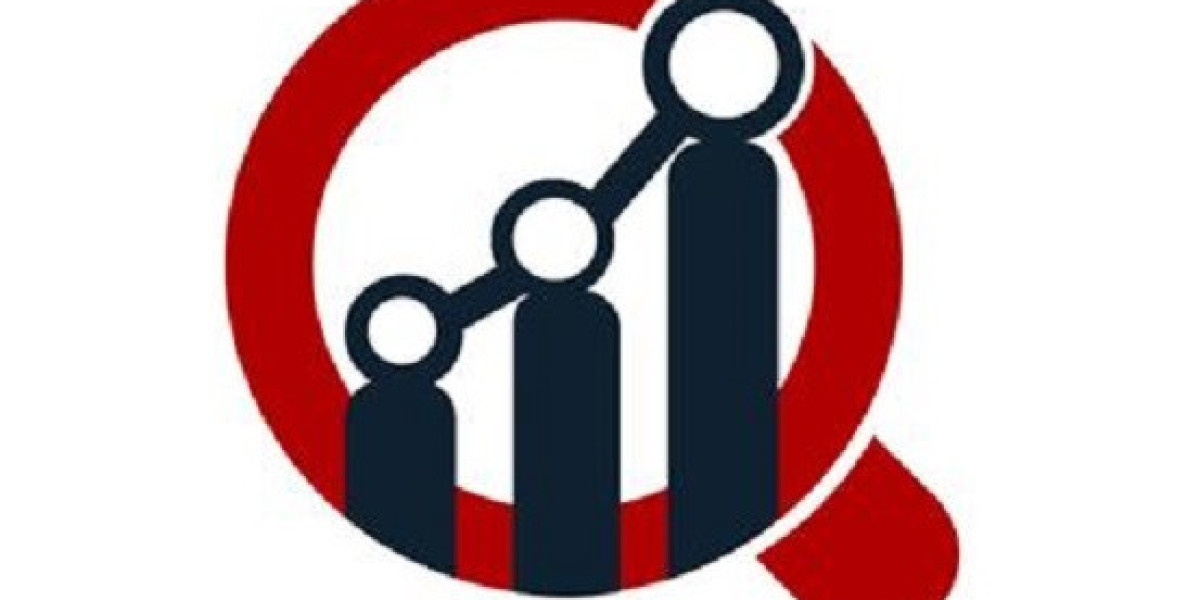Unlocking the Secrets of Your Baby's Development Timeline!
When it comes to pregnancy, one of the most common questions expecting parents ask is, "How far along am I?" Understanding gestational age and baby development milestones is crucial for parents to track their baby's growth and prepare for the journey ahead. Gestational age refers to the length of time a pregnancy has lasted, typically measured in weeks from the first day of the last menstrual period. Knowing how far along a pregnancy is helps in anticipating key developmental milestones, understanding what to expect during each trimester, and preparing for the arrival of a new family member. As someone who has experienced the anticipation of pregnancy, I remember anxiously counting the weeks and eagerly awaiting each milestone, from hearing the heartbeat to feeling those first kicks. This article aims to guide you through the intricacies of gestational age, the significance of developmental milestones, and what to expect during this transformative journey.

Understanding Gestational Age
Gestational age is a critical concept in pregnancy that refers to the age of the fetus or pregnancy in weeks, starting from the first day of the last menstrual period. This method of calculation is widely accepted because it allows healthcare providers to determine important timelines for prenatal care. It is essential to differentiate between gestational age and fetal age; the latter refers to the actual age of the fetus, which is typically about two weeks shorter than gestational age. For instance, if you are 12 weeks pregnant based on gestational age, the fetal age would be approximately 10 weeks. Understanding these terms helps clarify discussions with your healthcare provider and allows for better preparation as you progress through your pregnancy. Knowing your gestational age also aids in monitoring the baby’s development, identifying potential complications, and making informed decisions regarding care.
Tracking Baby Development Milestones
Tracking baby development milestones is an essential aspect of pregnancy and parenting. These milestones encompass physical, cognitive, and emotional growth stages, allowing parents to understand their baby’s development trajectory. During pregnancy, several key milestones occur that signify the progress of the fetus. For instance, the first ultrasound typically occurs around the 8-10 week mark, offering a glimpse of the developing baby and confirming the due date. As the pregnancy progresses, parents can look forward to exciting milestones, such as hearing the heartbeat at around 6-8 weeks, feeling the baby’s first movements around 18-20 weeks, and eventually preparing for the birth. After birth, development continues, with milestones including rolling over, sitting up, crawling, and eventually walking and talking. Each of these stages marks significant growth and development, creating joyful moments for parents as they witness their child reaching new heights.
First Trimester (Weeks 1-12)
The first trimester is a time of rapid change and development for both the mother and the fetus. During these initial weeks, the body undergoes various changes to support the growing baby. Early signs of pregnancy may include missed periods, nausea, fatigue, and breast tenderness. By the end of the first trimester, the fetus will have developed essential organs, limbs, and facial features. At around 10 weeks, many parents have their first ultrasound, which can be an emotional and exciting experience, as it often brings the first glimpse of the baby’s heartbeat. I remember the joy of seeing that tiny flicker on the screen, bringing the abstract concept of pregnancy into a tangible reality. The first trimester is a foundational stage, setting the stage for further growth and development in the coming months.
Second Trimester (Weeks 13-26)
The second trimester is often referred to as the "golden period" of pregnancy, as many women experience a decrease in morning sickness and an increase in energy. By this time, the fetus is developing more distinct features, including hair, nails, and the ability to suck its thumb. This trimester is also when parents typically find out the sex of the baby during the mid-pregnancy ultrasound, an event filled with anticipation and excitement. At around 20 weeks, the baby’s movements become more pronounced, allowing parents to bond with their unborn child through kicks and rolls. Friends who have gone through this stage often recall how they would talk to their belly, feeling a sense of connection as they anticipated the arrival of their little one. The second trimester is not only about physical growth but also emotional bonding as parents prepare for the baby’s arrival.
Third Trimester (Weeks 27-Birth)
The third trimester is the final stretch of pregnancy, marked by significant growth and preparation for birth. During these weeks, the baby continues to gain weight and develop, often reaching about 5-7 pounds by the end of the trimester. Expecting parents may feel the baby moving more frequently, and as the due date approaches, the anticipation builds. It’s also a time for practical preparations, such as setting up the nursery and packing a hospital bag. Many parents experience a mix of excitement and anxiety during this period. I remember the whirlwind of emotions as I prepared for labor, filled with both joy and nervousness about the life-changing event ahead. This trimester is crucial for finalizing preparations and ensuring that both mother and baby are ready for the significant transition that is about to take place.
Key Insights on Pregnancy Development
Understanding how far along a pregnancy is and tracking baby development milestones are essential for expecting parents. From the early days of anticipation to the final preparations for birth, each stage of pregnancy brings unique experiences and milestones that help shape the journey into parenthood. By being aware of gestational age and what to expect during each trimester, parents can foster a greater connection with their unborn child and prepare themselves for the joys and challenges that lie ahead. Ultimately, this knowledge not only empowers parents but also enhances their readiness for the remarkable adventure of welcoming a new life into the world.








